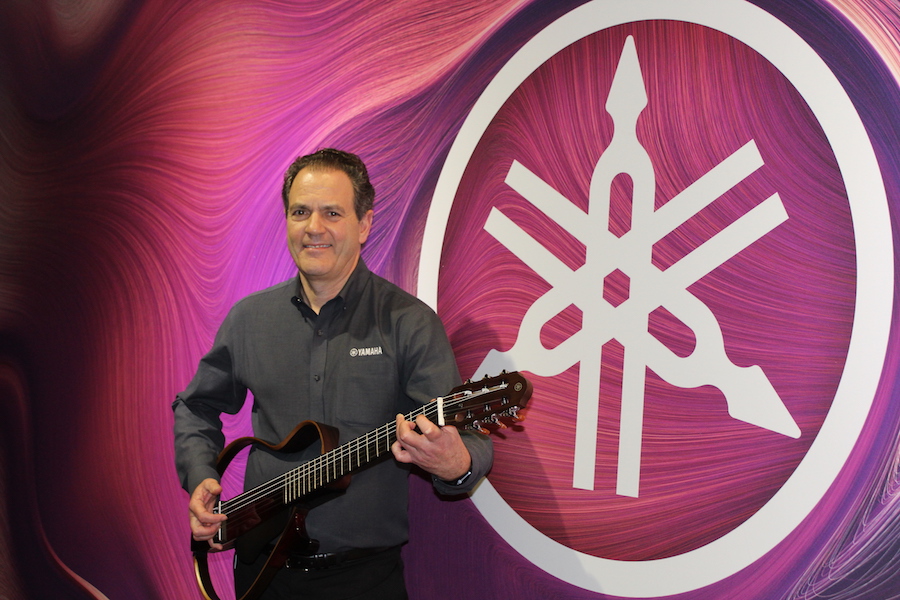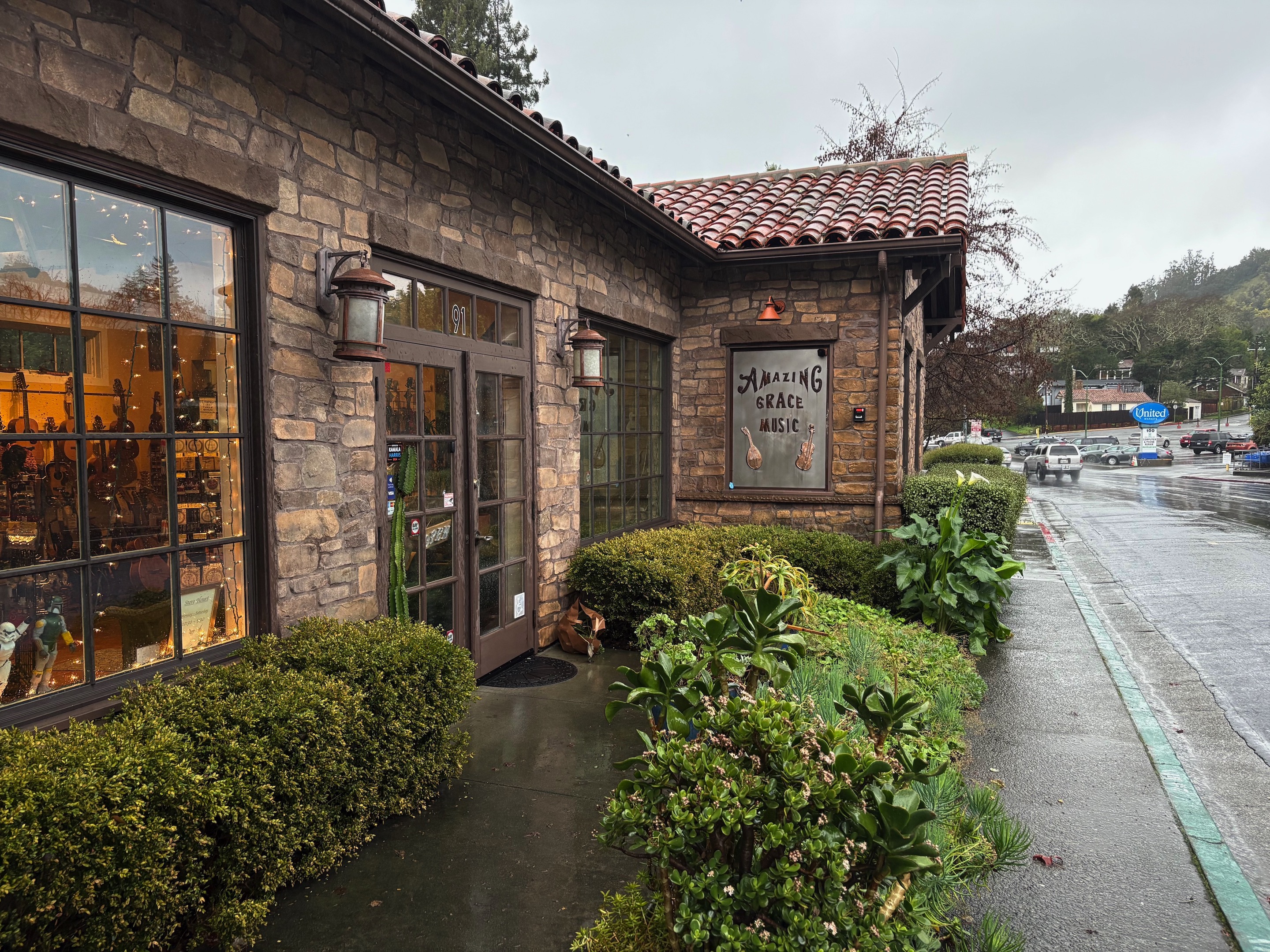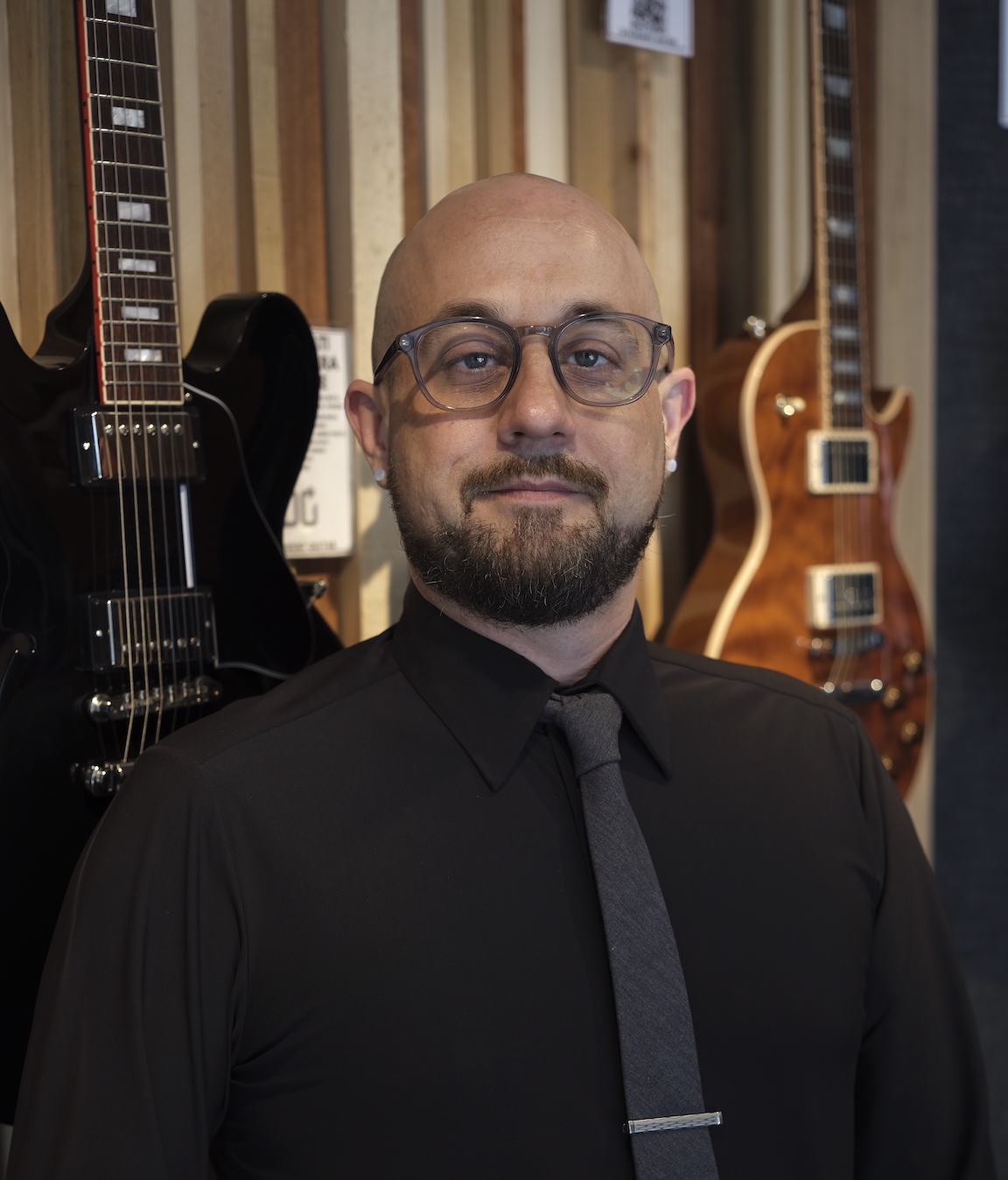
Tom Sumner
Retailers called Yamaha a “true vendor partner” through the pandemic. Yamaha Corp. of America Corporate Vice President Garth Gilman said this praise coming from retailers made it particularly meaningful. “Retailers and their customers are really the lifeblood of everything we do,” Gilman said.
Yamaha Corp. of America President Tom Sumner conceded that 2020 presented a challenge in communicating with dealers, but the company got there. “Yamaha always tries to partner with our dealers and this year of course has been incredibly difficult,” Sumner said. “But in some cases we have more contact with dealers than we did before the pandemic.”
This is remarkable considering the coronavirus had the immediate effect of isolating people. “Obviously trade shows and live, in-person retail went out the window when the pandemic first hit,” Sumner said. “Yamaha, like a lot of other companies, said, ‘Well, what does this mean?’ It’s a tactile business.”
The answer came in the online sales boom, and this was fairly soon after the mid-March shutdown. “My first call where I said, ‘Oh, something’s happening here’ was with an e-commerce dealer. I think it was the last weekend in March. He said, ‘We just had the biggest weekend we’ve ever had, including Black Friday. I think it’s just a blip.’ But it wasn’t.”
Yamaha rode the wave that followed as people forced to shelter-in-place turned to musical instruments as something to do. But the company hopes these new customers become lifelong musicians. “Our hope is that folks are actually learning,” Sumner said. “We don’t really so much care about somebody buying a keyboard or a guitar and sticking it under the bed after a month going, ‘That wasn’t my thing.’”
Toward that end, a key focus for Yamaha going forward is truly understanding its customers, new or old. “Unfortunately, we’ve understood then in slices,” Sumner said. “So if Yamaha looked at me as a customer, [it] might say, ‘Oh, well, Tom’s a guitar player.’ Well I’m a guitar player, but I have a piano and I’ve got a recording setup. We’re working on trying to really get the whole view of the customer.”
Sumner stressed how strange this year has been for everyone, including executives. “I don’t think you can even call COVID a curve ball,” he said, adding the main lessons he drew from it were the importance of being agile and taking quick action. “Before, you might look at things over a period of a month or two months,” he said. “At this point, you’re literally looking at data from what’s happening today.”
One area where the company had to take quick action was going remote. “I’ll never forget when we got the call from the Department of Health,” Gilman said. “It was really late in the day and essentially was, ‘You are not allowed to go back to the Buena Park campus [tomorrow].’ And we immediately switched to working from home. We were able to do that and basically be up and running the very next day.”
Gilman is glad the company had been preparing to be able to do so in the event that something like COVID-19 happened. “We wouldn’t have been able to do that without a lot of planning, having a business continuity plan and working to take all of our systems off of a server and putting [them] onto the cloud and getting people off of a wired phone system, having that be on a VoIP system and many, many other different things,” he said.
Sumner called this one of Yamaha’s essential wins for the year and added that it’s not going away, ever. “We’re not going to have everybody back in the office full-time. It’s just not going to happen,” he said. “It’s going to be a mix of working from home and having meetings online and coming to the office sometime. And the way we deal with dealers and customers is going to be the same thing.” MI












